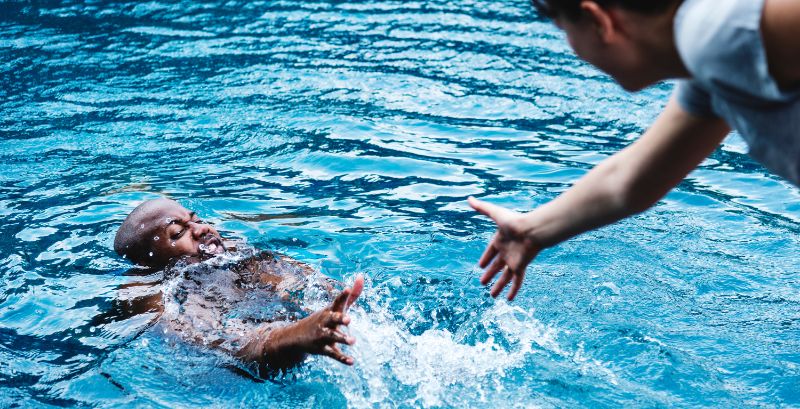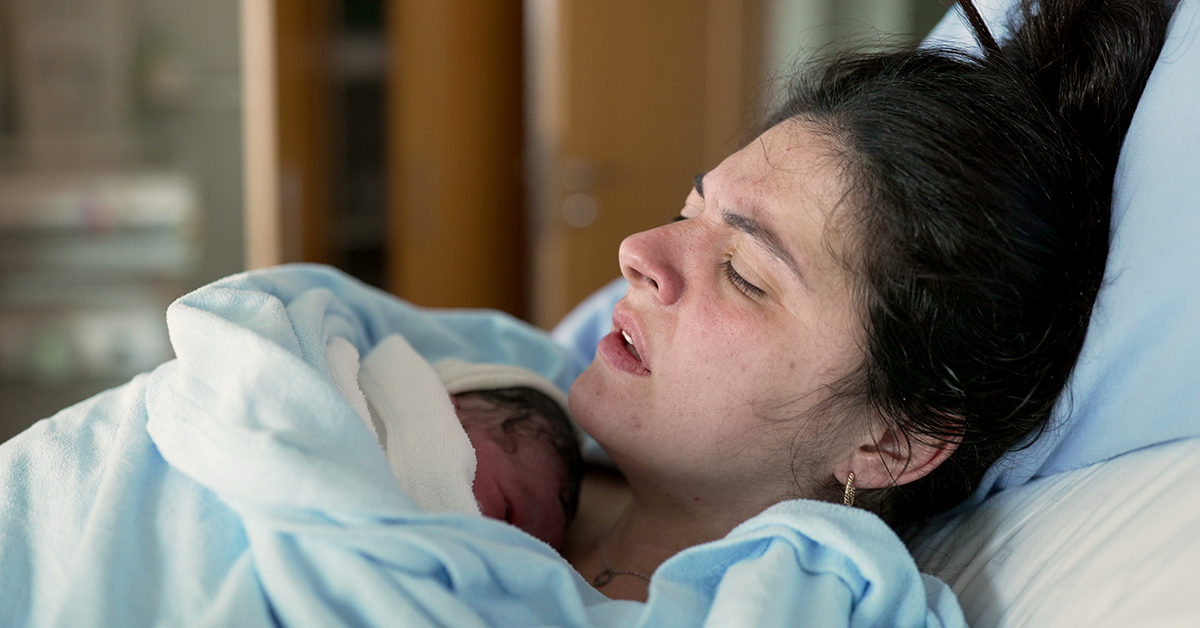Losing a loved one in a tragic pool drowning incident is a heart-wrenching experience. In such cases, consulting a wrongful death lawyer can offer a way to seek justice and compensation for your loss.
This comprehensive guide aims to shed light on the intricate aspects of wrongful death claims in pool drowning cases, providing a clear understanding of the legal process and key considerations.
Introduction to Wrongful Death Claims
A wrongful death claim is a legal action taken by the family or loved ones of a deceased person whose death was caused by another party’s negligence, recklessness, or deliberate misconduct.
In the context of pool drowning cases, a wrongful death claim can be filed if it can be proven that the drowning occurred due to someone else’s failure to adhere to safety measures or act responsibly.
Establishing Liability in Pool Drowning Cases
Proving liability is crucial in wrongful death claims related to pool drownings. To establish liability, several factors must be considered:
- Duty of Care: Was there a duty of care owed to the victim by the responsible party, such as the pool owner, lifeguard, or equipment manufacturer?
- Breach of Duty: Did the responsible party breach their duty of care? This could involve inadequate supervision, lack of proper safety equipment, or failure to maintain the pool area.
- Causation: Did the breach of duty directly lead to the drowning incident? Establishing a direct link is essential.
- Foreseeability: Could the responsible party have foreseen the potential risks and taken preventive measures? This speaks to their level of negligence.
Parties Involved in a Wrongful Death Claim
In pool drowning cases, the parties involved can vary, including:
- Pool Owners: They are responsible for maintaining a safe environment for visitors. This includes regular inspections and addressing potential hazards.
- Lifeguards or Attendants: If present, their vigilance and response to emergencies are crucial. Negligence on their part can contribute to liability.
- Manufacturers: The manufacturer’s responsibility might be questioned in cases involving malfunctioning pool equipment or safety gear.
- Local Authorities: If issues such as improper pool design, lack of safety inspections, or failure to enforce regulations contributed to the incident, local authorities might share liability.
Compensation in Wrongful Death Claims
Compensation in wrongful death claims typically covers various aspects:
- Medical and Funeral Expenses: Costs incurred for medical treatment prior to the victim’s passing and expenses related to their funeral and burial.
- Loss of Financial Support: The potential income the deceased would have provided to their dependents, including future earnings.
- Loss of Consortium: The impact of the loss on the relationship between the deceased and their spouse or domestic partner. This can extend to emotional support, companionship, and guidance.
- Pain and Suffering: This refers to the emotional distress suffered by the deceased during the drowning incident. It might also encompass the emotional anguish of surviving family members.
- Legal Costs: The expenses of pursuing the claim include attorney fees and court costs.
Statute of Limitations
Each jurisdiction has a statute of limitations that sets a time limit for filing a wrongful death claim. Knowing this limitation and initiating the legal process within the specified timeframe is vital. Missing the deadline could result in the claim being dismissed.
Gathering Evidence
Building a strong case requires thorough evidence collection:
- Incident Reports: Obtain official reports from law enforcement or relevant authorities detailing the incident. These reports often include witness statements.
- Expert Opinions: Consult pool safety experts, medical professionals, and financial analysts to assess the conditions, cause of death, and potential financial impact.
- Surveillance Footage: If available, video footage can provide valuable insights into the incident and the events leading up to it.
- Maintenance Records: These records can indicate whether the pool area was properly maintained and whether any negligence contributed to the incident.
- Eyewitness Accounts: Gather statements from individuals who were present at the scene and can provide firsthand information about the incident.
Out-of-Court Settlement vs. Trial
Wrongful death claims can be resolved through an out-of-court settlement or a trial:
- Out-of-Court Settlement: Both parties negotiate and agree on a compensation amount. It can be quicker and less emotionally taxing than going to trial.
- Trial: If an agreement cannot be reached, the case goes to trial, where a judge or jury determines the outcome based on the evidence and arguments presented by your wrongful death lawyer.
- Pros and Cons: Consider a trial’s emotional toll versus its potential benefits compared to those of a settlement. An experienced attorney can guide you in making an informed decision.
Choosing the Right Wrongful Death Lawyer
- Experience: Choose a wrongful death lawyer with a proven track record in handling wrongful death cases. Their expertise is essential in navigating the legal complexities involved.
- Compassion: Empathy and understanding are vital traits during this difficult time. Your lawyer should provide emotional support in addition to legal guidance.
- Communication: Look for a lawyer with good communication skills who explains legal processes clearly and keeps you informed about the progress of the case.
The Legal Process
The legal process involves several stages:
- Filing the Complaint: Initiate the lawsuit by filing a complaint that outlines the allegations and claims against the responsible party or parties.
- Discovery: Both parties exchange relevant information and evidence, including documents and witness testimonies.
- Mediation: A mediator can help the parties reach a settlement by facilitating negotiations and finding common ground.
- Trial: If mediation fails, the case proceeds to trial, where each side presents its arguments, evidence, and witnesses.
Emotional and Legal Challenges
Wrongful death claims pose various emotional and legal challenges:
- Grieving Process: Balancing legal obligations with the grieving process can be challenging. Your attorney should understand your emotional needs.
- Legal Jargon: Legal proceedings can be complex and overwhelming. Your attorney should break down legal jargon and provide clear explanations.
- Emotional Toll: Prepare for the emotional strain of reliving the incident during legal proceedings. Seek support from friends, family, or professionals.
Support During the Process
Seeking emotional support from friends, family, support groups, or therapists is important. Additionally, your attorney and their team can provide you with reassurance, guidance, and updates on your case.
Honoring Your Loved One
A successful wrongful death claim can help ensure that your loved one’s memory is honored and that necessary changes are made to prevent similar incidents in the future. By holding negligent parties accountable, you contribute to increased safety awareness.
Finding Closure with Swartzlaw for Wrongful Death Claims in Pool Drowning Cases
Navigating the complexities of a wrongful death claim in pool drowning cases demands legal expertise and compassion. At Swartz & Swartz, we understand the profound pain of losing a loved one to such a tragic incident. Our commitment is to guide you through every step of the legal process, ensuring that justice is pursued and accountability is upheld.
Our experienced wrongful death lawyer at Swartz & Swartz has a proven track record of handling wrongful death claims with sensitivity and diligence. If you’ve lost a loved one in a pool drowning incident, don’t hesitate to contact us.
We are here to offer you the legal representation and compassion you deserve. Contact Swartz & Swartz today to embark on the journey toward healing and seeking the justice your loved one deserves.
Need Help?
If you or someone you know, needs help from a lawyer, contact the law offices of Swartz & Swartz, use our live chat, or send us a message using the form below and we’ll get in touch to assess your case and how we can help.
Keep Reading
Want more? Here are some other blog posts you might be interested in.




